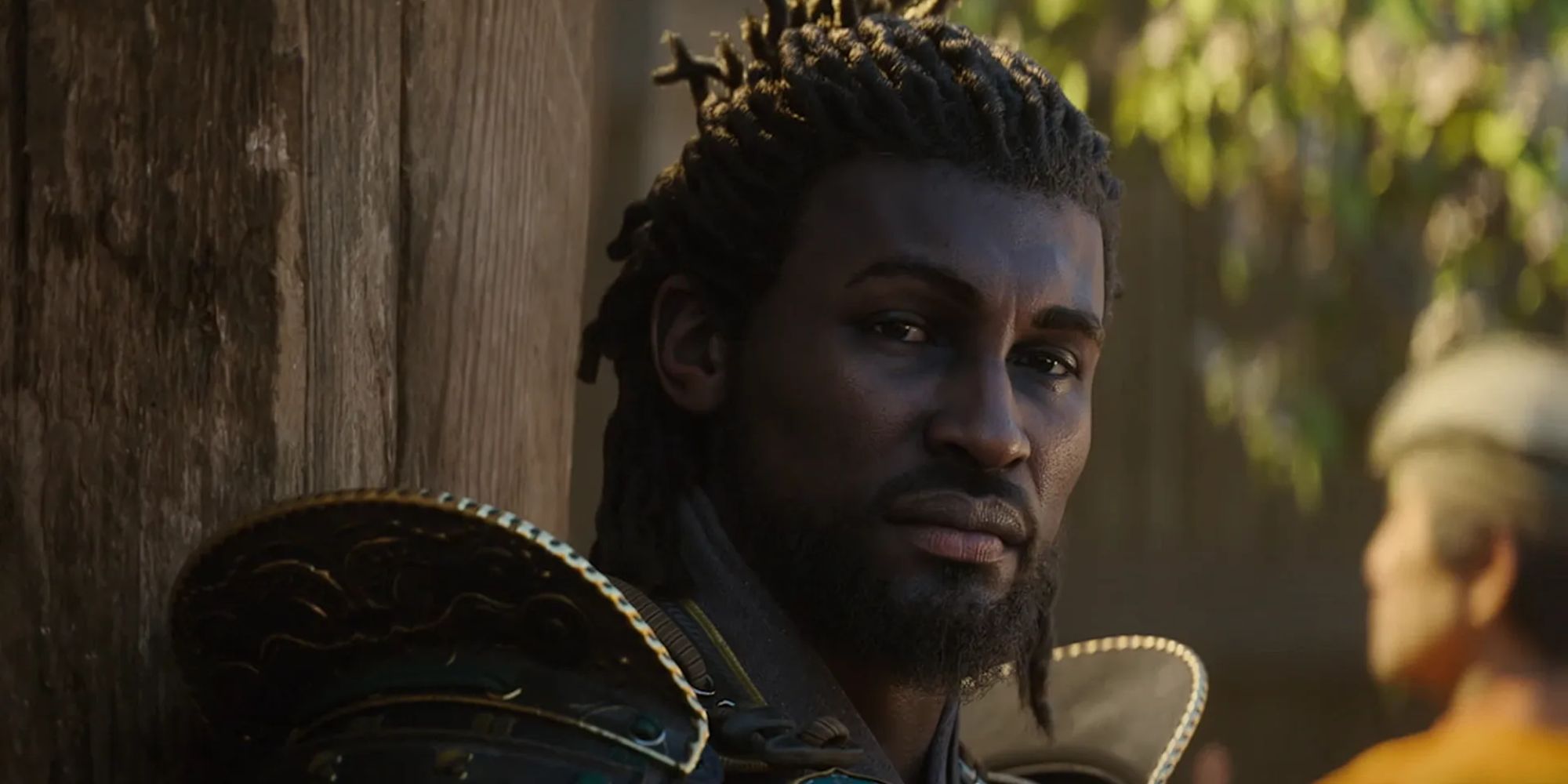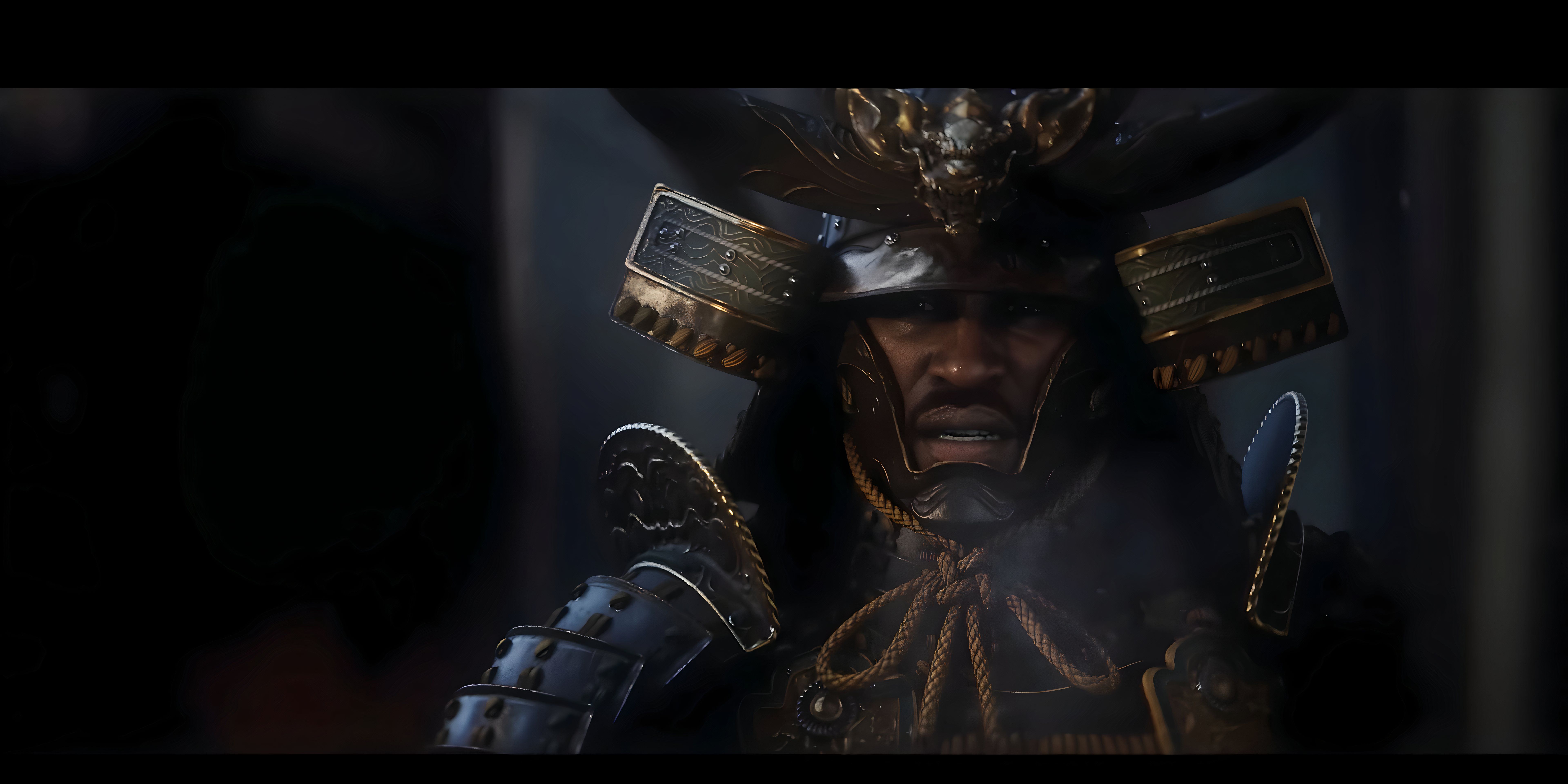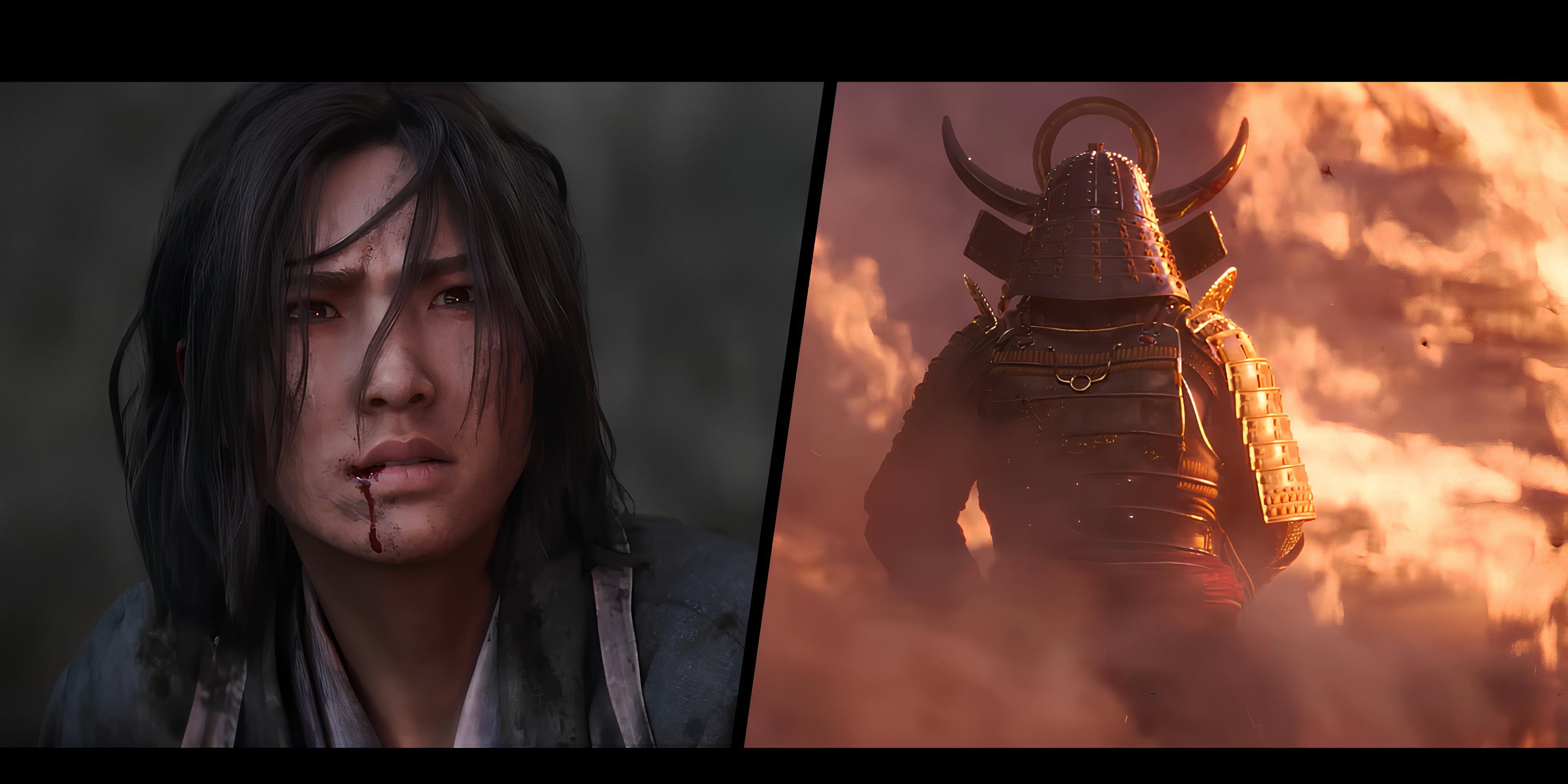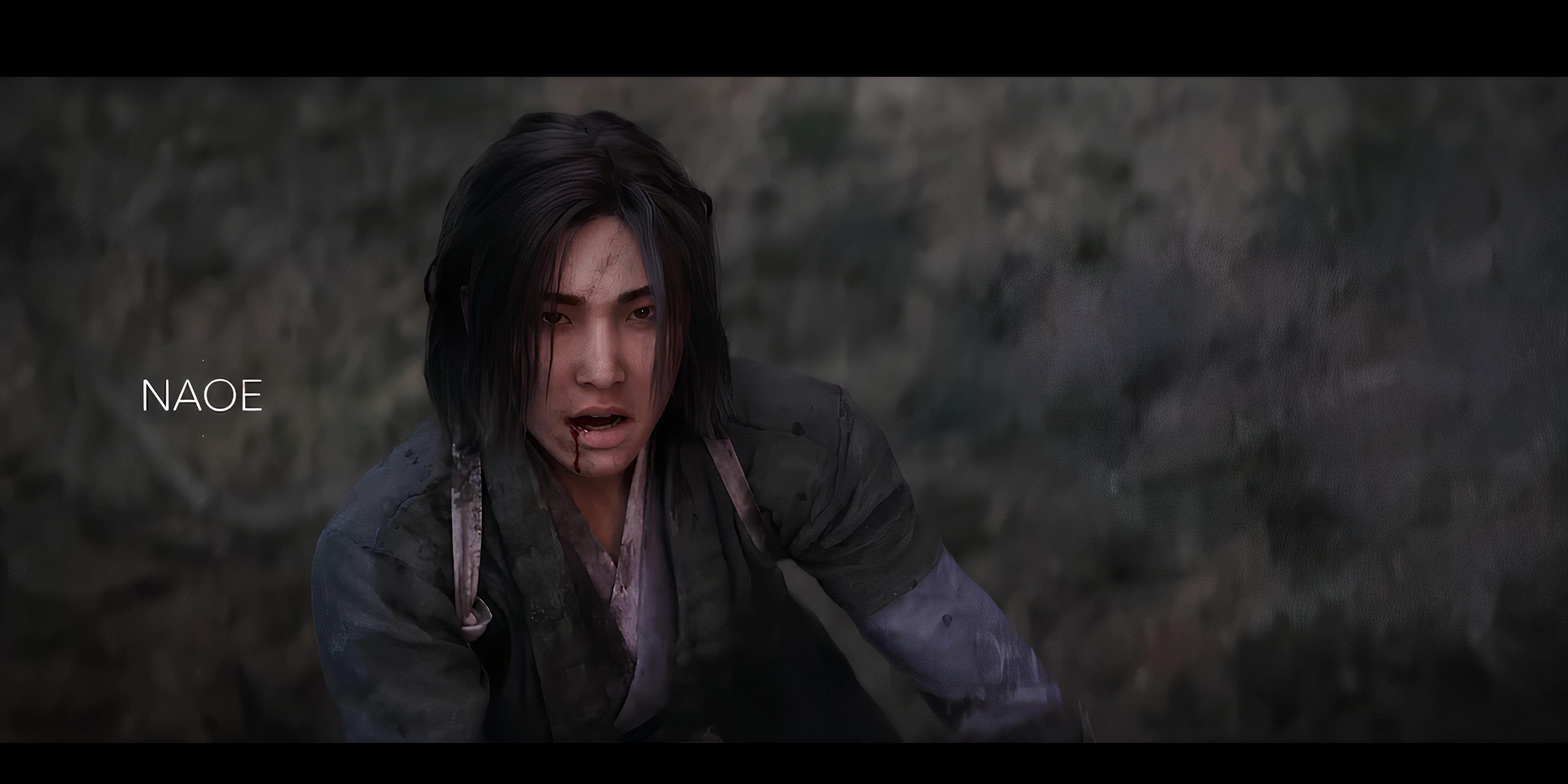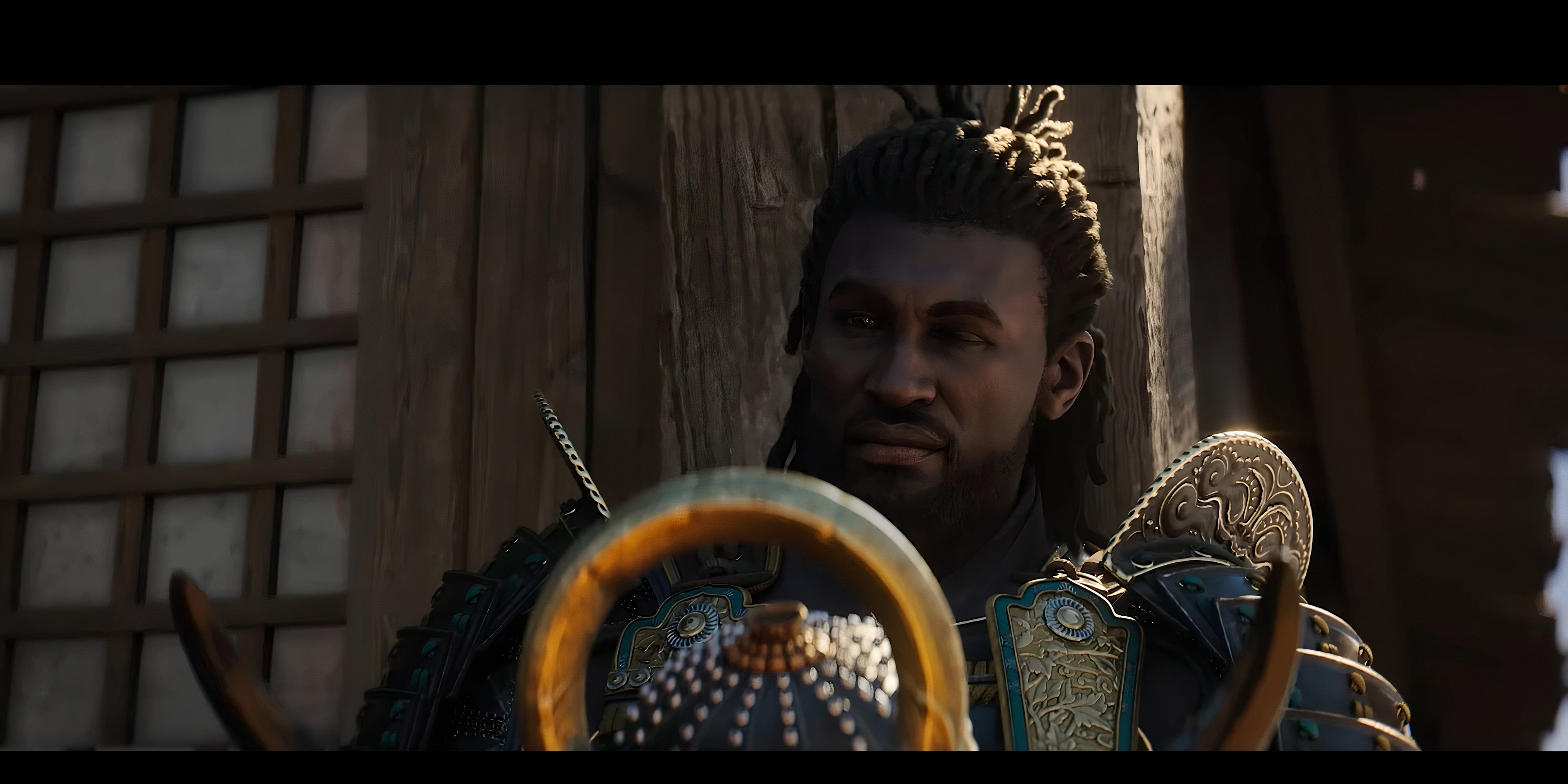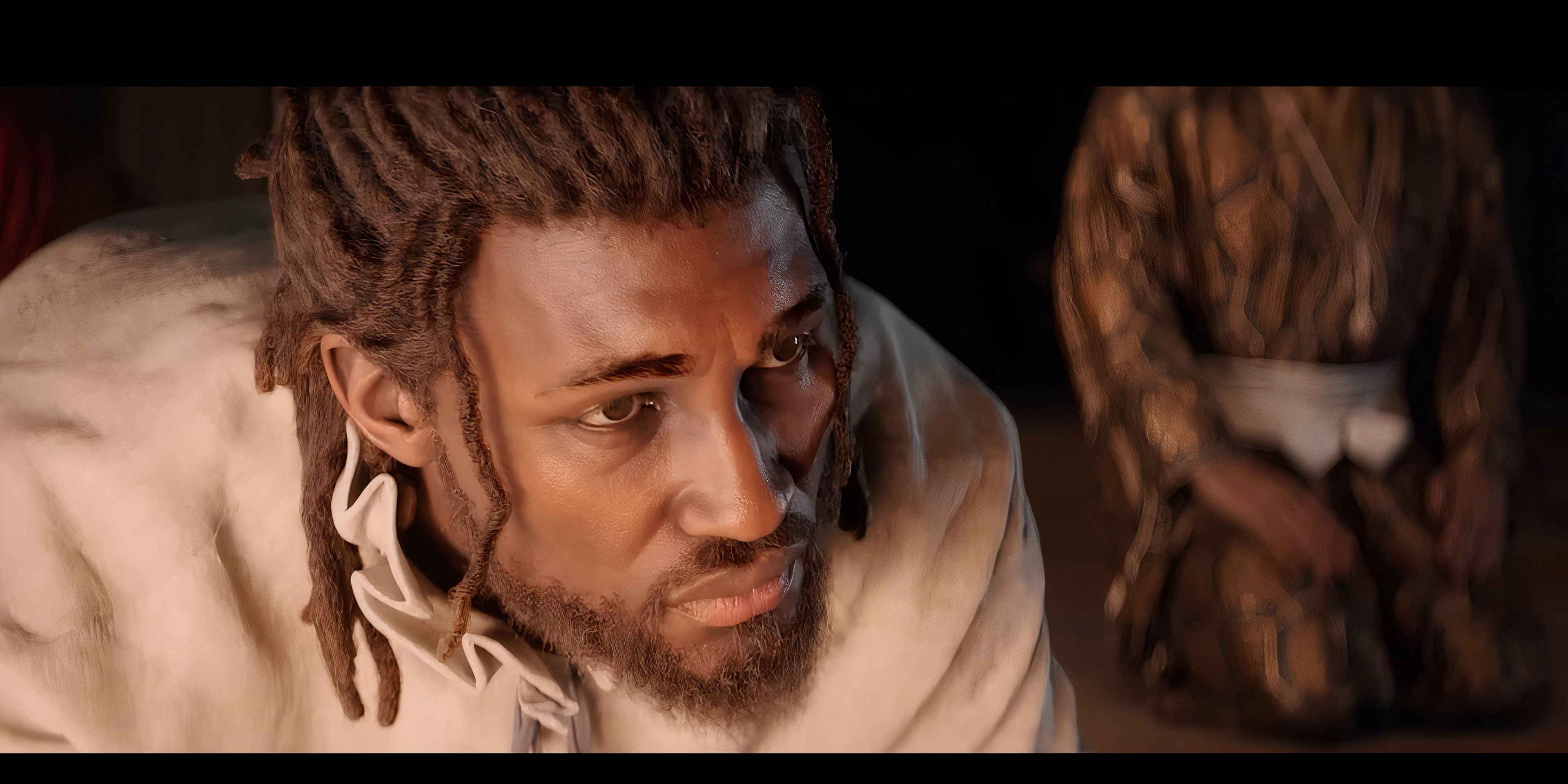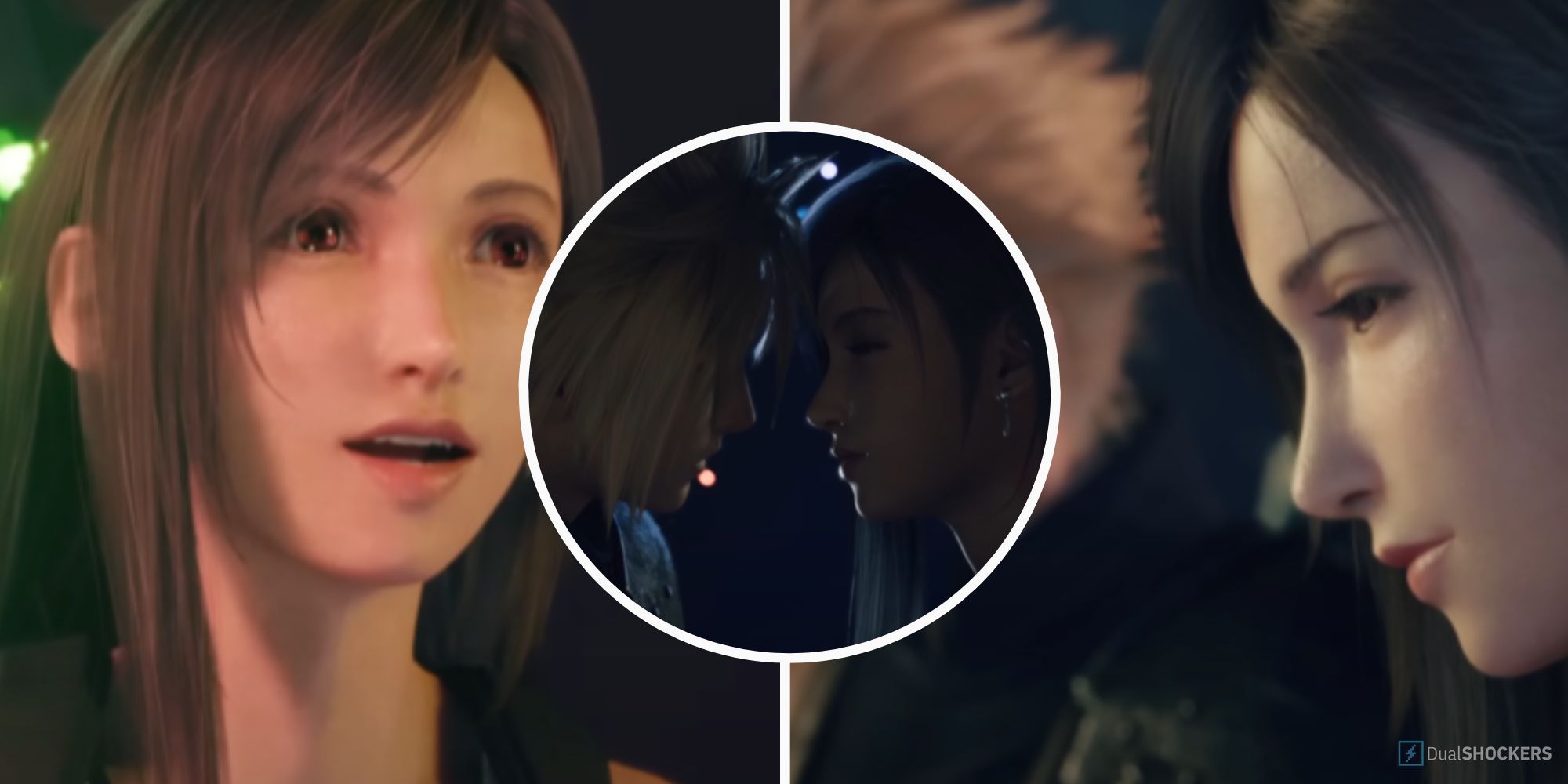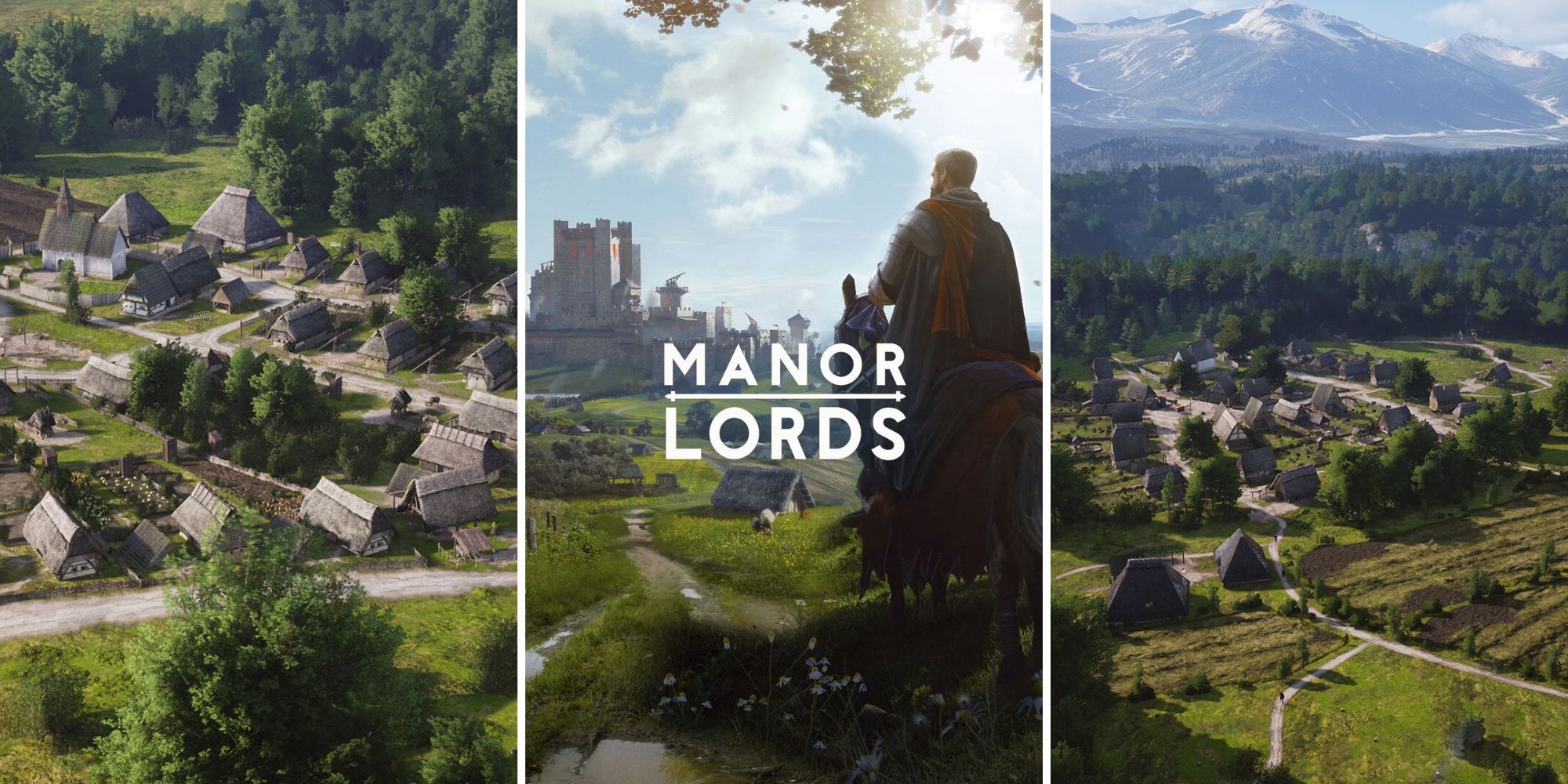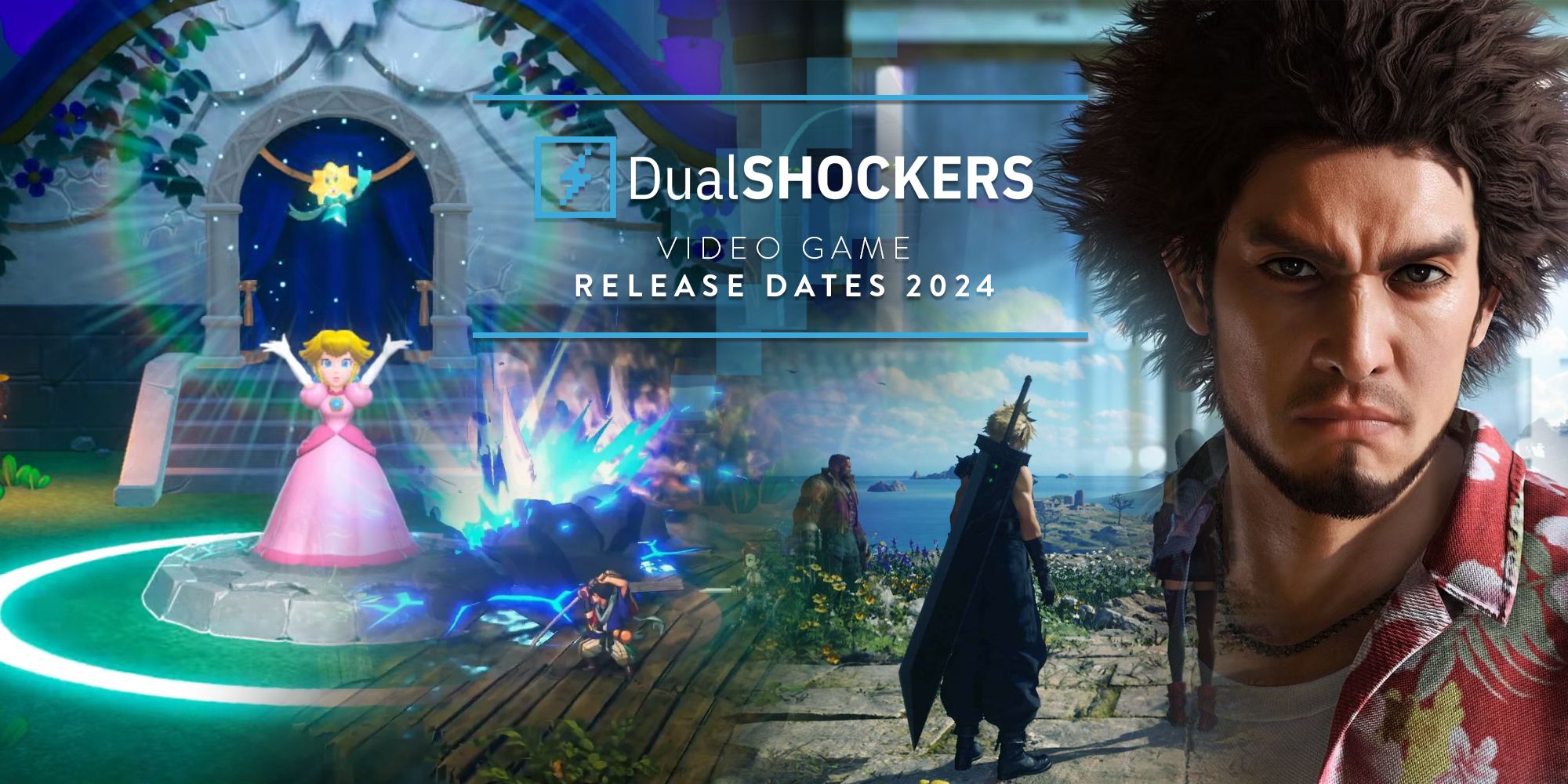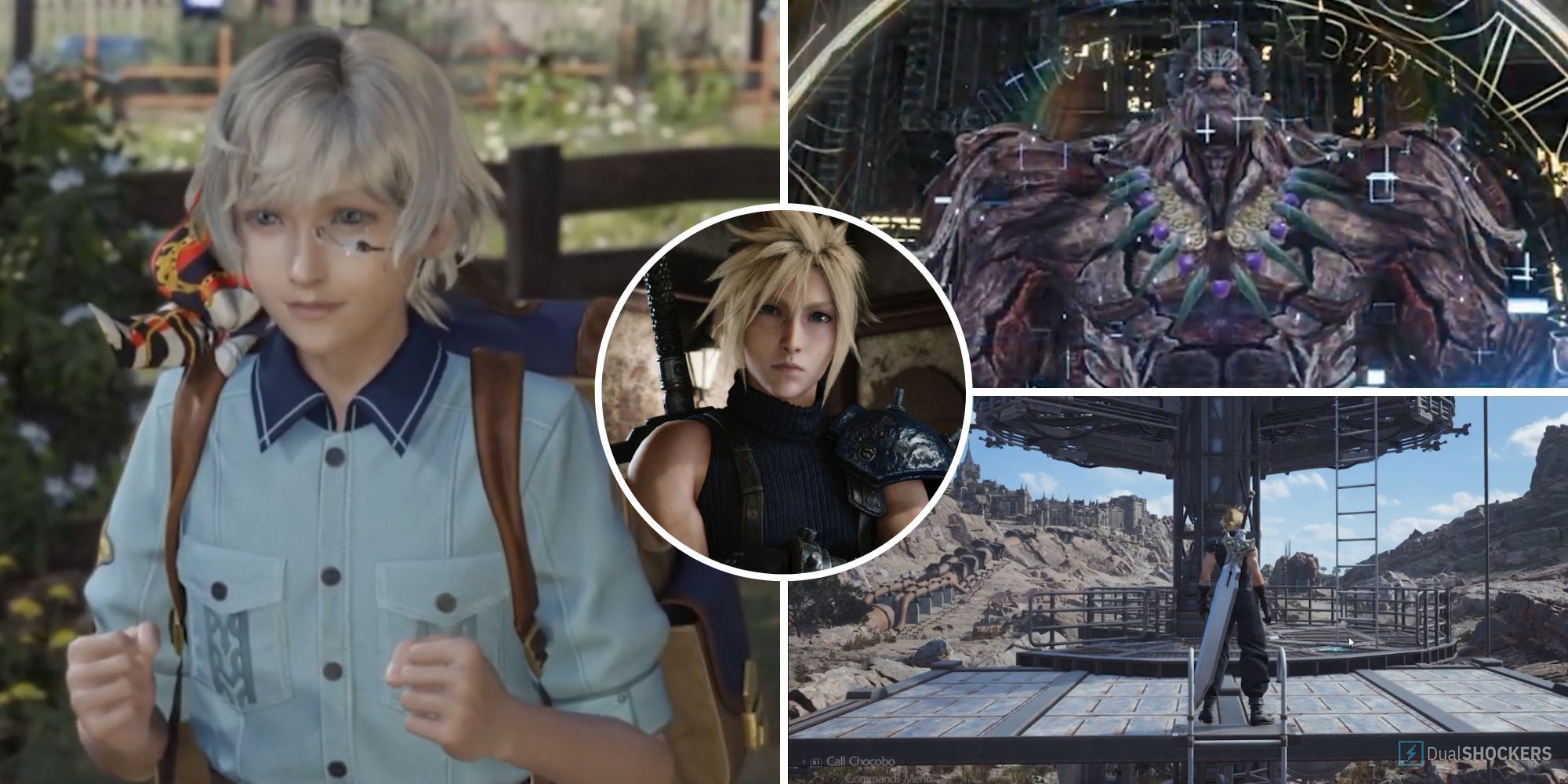Highlights
- Dual protagonists offer diverse playstyles & depth, adding RPG elements to AC Shadows.
- Inclusion of historical figure Yasuke challenges stereotypes, boosts representation in gaming.
- Controversy around Yasuke’s character highlights need for more diversity & positive voices in gaming.
I’ve been a fan of the Assassin’s Creed franchise since I fell in love with Assassin’s Creed Odyssey, so you can imagine my excitement when Ubisoft unveiled the trailer for Assassin’s Creed Shadows last week. Set to hit stores in six months, this new installment is set in feudal Japan. What makes this game even more exciting is its dual protagonists: the female ninja Naoe and the male samurai Yasuke, a Black man based on a real samurai of African origin.
Dual Protagonists Choices
The concept of dual protagonists with vastly different backgrounds and fighting styles is thrilling. I love the contrast this offers, allowing players to choose how they want to experience the game. In recent entries like Valhalla and Odyssey, the inclusion of both male and female characters has added depth and variety to the gameplay, making it feel more like an RPG, which is exactly what I enjoy. The ability to choose a character that resonates with my playstyle and preferences is something I highly appreciate.
However, what I am particularly excited about in Assassin’s Creed Shadows is the opportunity to play as a Black character. Yasuke is a real historical figure thought of by historians as the “first Black samurai.”
Who Is Yasuke?
Yasuke is quite an interesting historical figure, and the Smithsonian Mag site has a great breakdown of his history.
Though his exact origins are unclear, many historians believe Yasuke was from Mozambique, while others suggest Ethiopia or Nigeria. Yasuke traveled to Japan in 1579 with Italian Jesuit missionary Alessandro Valignano, likely as his bodyguard.
In 1581, Yasuke met Japanese warlord Oda Nobunaga in Kyoto. Initially skeptical of Yasuke’s black skin, Nobunaga ordered him scrubbed. Impressed by Yasuke’s tall height and strong stature, Nobunaga recruited him into his army.
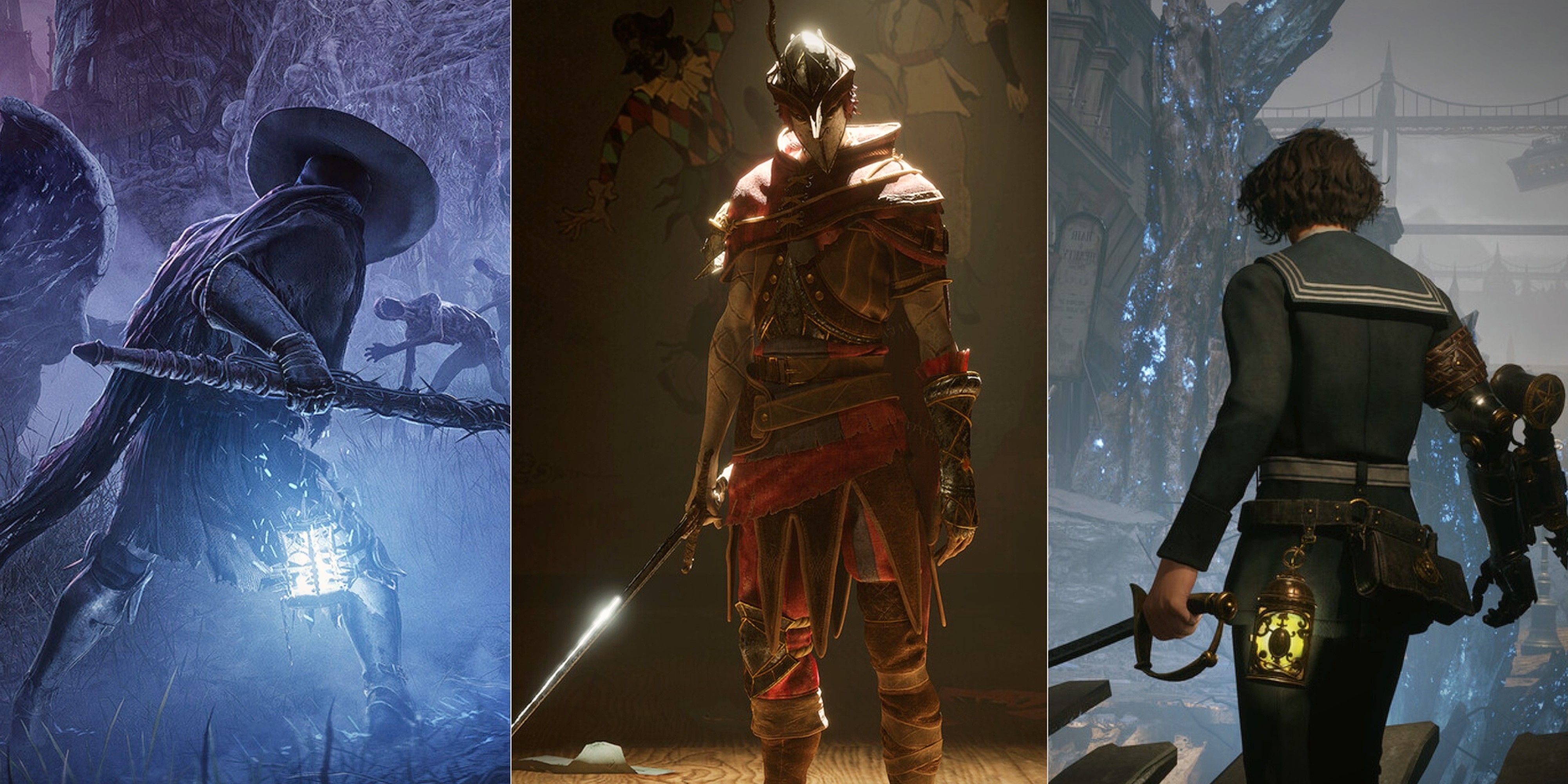
This Upcoming Soulslike Might Just Solve My Biggest Gripe With The Genre
Freedom to experiment without strict punishment is exactly what every Soulslike needs.
According to the developers, they decided to include Yasuke because there are “still plenty of questions and speculation” surrounding the real-life inspiration, which allowed for creativity in creating his character. Assassin’s Creed Shadows director Charles Benoit mentioned that Yasuke was also chosen because he’s not native to Japan, allowing both Yasuke and the player to discover Japan at the same time.
Inclusion Of A “Black Samurai” Creates Much Needed Diversity
Historically, the video game community hasn’t seen many Black protagonists in major roles. This lack of representation has often left me feeling overlooked. The last time I felt a similar excitement was with the release of Forsaken, a game that had the potential to infuse some much-needed “Black girl magic” into the gaming world. Unfortunately, Forsaken didn’t live up to its potential and flopped, which was quite disheartening.
My all-time favorite game featuring a Black protagonist is Telltale’s The Walking Dead, which stars Lee Everett. Lee was a well-rounded character, and playing as him was one of the first times I felt validated for my melanin-rich skin tone. His character was not defined by stereotypes but by his actions and choices, providing a rare sense of representation that deeply resonated with me.

“We Need To Pull Every Lever We Have” – Insomniac’s Narrative Director Discusses Lack Of LGBTQ Content in Video Games
We talked to Mary Kenney, associate narrative director at Insomniac Games about the lack of LGBTQ representation in gaming.
Addressing The “Woke” Controversy
However, the announcement of Yasuke’s inclusion in Assassin’s Creed Shadows hasn’t been without controversy. In the past few weeks, since the official announcement, Yasuke and the game have come under a lot of heat. Some people have criticized the inclusion of a Black character in a game set in feudal Japan, accusing Ubisoft of pushing a “woke” agenda.
This backlash reminds me of the criticism I faced when discussing the lack of diverse Black characters within the Final Fantasy series. I remember reading comments calling me a “woke garbage gaming journalist” who should just shut up.
The controversy seems misplaced, especially considering there are two protagonists in the game. Naoe, a Japanese shinobi from the Iga province and the daughter of the famous ninja leader Fujibayashi Nagato, is right next to Yasuke. She is a traditional protagonist for a game set in this time period and place, yet the focus has largely been on Yasuke. This also highlights an underlying issue of how women in video games often get undermined by their male counterparts. Naoe is an integral part of the story too.
Adding to my frustration, the controversy surrounding the game has attracted high-profile attention. Even Elon Musk commented on the ongoing debates, which further amplified the scrutiny.
Responding to right-wing influencer Ian Miles Cheong, who wrote, “Should Ubisoft delay Assassin’s Creed Shadows in response to widespread backlash over the game’s injection of DEI? The game is so thoroughly woke that it features a black gay protagonist depicted as a ‘real historical samurai’ in Japan. Offensive beyond belief. No one asked for this.” Musk replied, “DEI kills art.”
This kind of high-profile criticism worries me that Assassin’s Creed Shadows will become a prime target for those who think games are becoming “too woke,” overshadowing the actual content and potential of the game. In the midst of these frustrating comments, there are positive voices looking forward to the next AC game.
In Matt Kim’s IGN article he writes:
“The main grievance I have as an Asian American in games in regards to representation isn’t the lack of it—as evidenced by the Wikipedia page full of Asian fighters and ninjas and samurais—but rather the lack of diversity therein. I’ve reported previously in a story about Asian American game devs and representation, we are not a monolith and I, a Korean-American, don’t gain a sense of representation by seeing a Japanese samurai, or a Japanese ninja, or a kung-fu master or ancient gray-haired mystic for that matter.”
I can empathize with his plea for diversity. As a Black person, I want to see Black protagonists that break the stereotypes. Yasuke’s character challenges stereotypes and allows Ubisoft to creatively explore a historical figure.
Moreover, there are rumors that the game might offer a range of relationship options, including LGBTQ relationships. This has happened in both Valhalla and Odyssey, where male and female romance options were available for both genders. As a queer gamer, the possibility of male-male romances for Yasuke would further my excitement. This is something I admittedly enjoy about the series. I particularly loved playing male Eivor and romancing Tarben, a baker who joins you in Ravensthorpe as you progress in the story.
This upcoming release feels like a personal milestone, combining my love for RPGs, rich historical settings, and meaningful representation. I can’t wait to dive into the world of feudal Japan, exploring the intricate landscapes and engaging in intense battles as both Naoe and Yasuke. Assassin’s Creed Shadows promises not only to be a visually stunning and engaging game but also a significant step forward in terms of diversity and representation in the gaming industry.
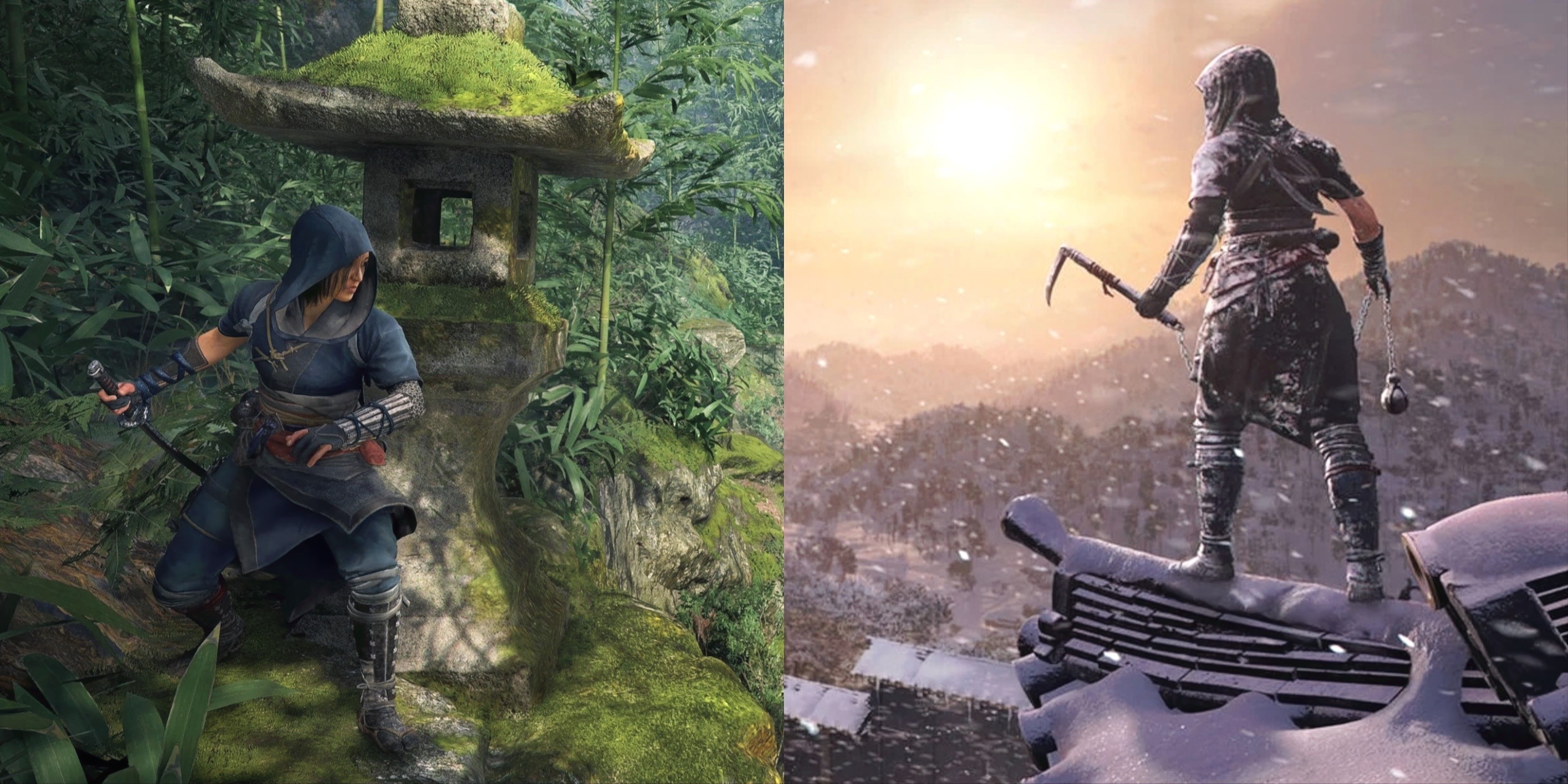
Assassin’s Creed Shadows’ Seasonal Changes Should Be A New Standard For Open-World Games
It’s long overdue that we say goodbye to static, frozen-in-time worlds.

